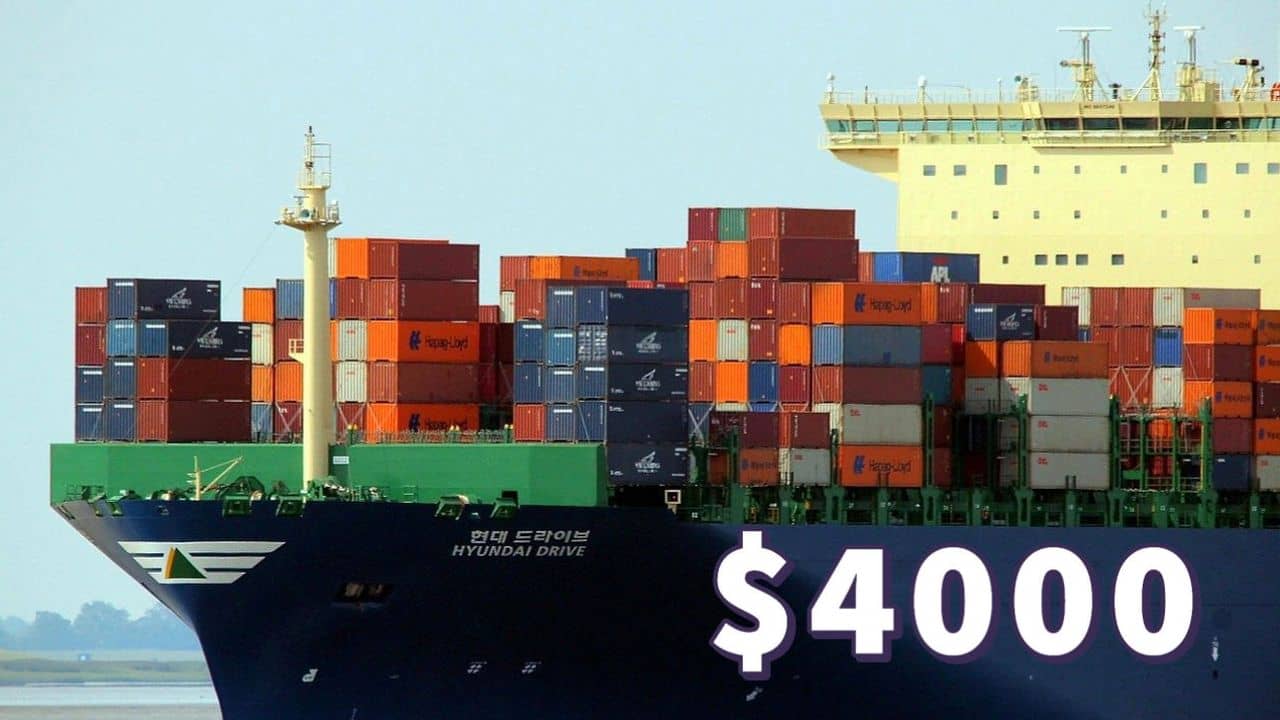
Dispute in Container Hire (Detention) fees – Is It Fair?
4-minute read
The issues of container detention (empty hire) charges is an ongoing sore point which affects the relationship between shipping lines, importers, customs agents and freight forwarders, and it has raised its head again.
An irate customs agent recently got in touch with the Shipping Gazette™ to say they received an invoice from one line for container detention which covered the Christmas and New Year period “. . . and they bill you for every day including public holidays.
They give no exemptions whatsoever . . . Is this legal in accordance with the Commerce Act?” he asked.
There are actually two questions this raises – is it legal and it is fair?
The answer to the first appears to be straightforward – yes, it is legal.
One forwarder advised me of a case his company took to the Disputes Tribunal over a similar issue a couple of years ago in which a container originally scheduled to arrive in late November was rolled several times by the shipping company, and finally arrived on December 19 when the importer’s staff had commenced their Christmas holiday.
No staff approved for ATF work (at a MAF-approved Transitional Facility where the container will be devanned) could be brought back from leave to devan the box before the New Year. As a result, detention charges totted up over the holiday period and the end account came to NZ$4000.
The forwarder’s case was that this was unfair because neither it nor the importer could influence the line’s decision to roll the box past its as part of the contract between ship operator and customer.
Another key decision was Ichiban Imports Pty Ltd v China Shipping Australia Agency Pty Ltd where the tribunal found that the detention charges in dispute were not a penalty but a charge for use of the container after discharge and therefore upheld.
In COSCO Container Lines v Unity International Cargo the decision was that the detention charges were a “hire charge” between the shipping line and the importer (bound by the terms and conditions of the Bill of Lading).
In the New Zealand case quoted at the start of this article, the best I can suggest is that a customs agency, forwarder or import with a gripe about a charge should ask a commercial lawyer to study the contractual conditions of the carriage agreement under which the cargo was carried.

The issue of detention may be covered in the B/L terms or it may be possible to find the Terms and Conditions the carrier operates under, on its website. A lawyer’s opinion would shed light on the legality of the charges
From the above examples, I’d say the shipping lines are on solid legal grounds in applying detention fees on a calendar-day basis, irrespective of holidays or whether they themselves had rolled the cargo.
In Australia, the Container Transport Alliance (CTAA) often raises the issue of the unfair application of detention fees, particularly leading into holiday periods, long weekends, or short weeks over Easter, etc.
Director Neil Chambers points out that it’s up to the shipper (importer or forwarder) to seek container detention – free period extensions. He adds:
“In many instances, the Australian or NZ importer is simply the consignee, and the ‘customer’ of the shipping line may well be the exporter in the country of origin (depending on the Incoterms used in the transaction).
In these instances, the consignee has little bargaining power with the shipping lines.
“It would be fair to say that the shipping lines are hooked on the revenue they collect from container detention fees, so there is little incentive for them to relax their relatively-strict policies on ‘free time’ available for the MT [empty] return of the container to their point of choosing (even if that facility is not open when the container detention – free time runs out).
“The shipping lines clearly know that it’s almost impossible to get the container all the way through the supply chain from time of discharge to MT return in seven days.
This is particularly difficult when holiday periods or long weekends are involved, or the container must undergo fumigation and the like. They live for the money they make from their strict Bill of Lading conditions on container detention.”
He makes the point that some lines are better than others, quoting Maersk as giving extensions over some longer holiday periods (Christmas and Easter are examples), while other shipping lines give nothing at an “industry level” (i.e. smaller customers).
The comment of another NZ forwarder perhaps sums up the situation here: “Fairness is not necessarily at play in the calculation and the local New Zealand offices of international shipping lines generally have limited or no authority to credit detention once it has been invoiced.
“The overarching view from lines’ at management level . . . is seven calendar days should be enough in most cases and if there is supply chain congestion causing a certain amount of detention to be incurred, the NZ consignee will be liable…”
So, there we have an alternative point of view on fairness.
Source: NZ Shipping Gazette
P.S. Easy Freight Ltd helps New Zealand importers & exporters to save money on international freight and reduce mistakes by guiding how to comply with Customs and biosecurity rules.
➔ Contact us now to learn how we can assist you.
